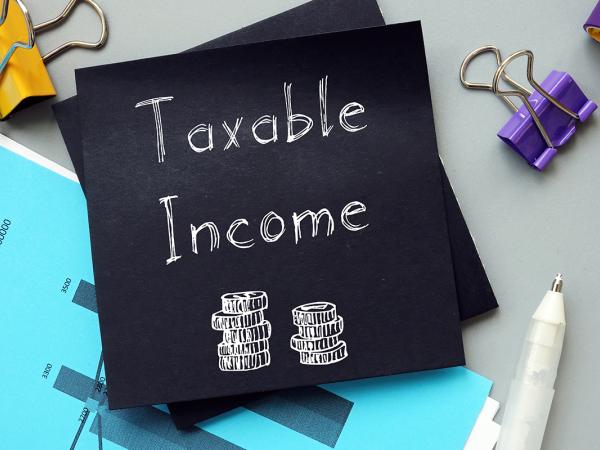Working out what is taxable
In general, income tax is charged on income. So, first of all we have to distinguish between income and capital receipts. Once we have worked out that something is income, it is necessary work out if that income is taxable income or if it is exempt from income tax.

Income and capital
It is important to be able to work out if something is income or a capital receipt, because income (also sometimes called revenue) is generally subject to income tax and capital receipts are generally subject to capital gains tax.
What is income and what is capital is a question of law, not fact. This means, for example, that the law may deem something as income even if it feels like it should be capital.
Tax law sets out various headings for amounts that are subject to income tax. Many of these are what you would expect, such as employment income, pension income, some welfare benefits, trading income, property income, savings and investment income and miscellaneous income.
However, some amounts you might receive do not readily fall under any of these headings for income. Often, these amounts are likely to be grants or compensation.
The following types of receipt are likely to be capital in nature:
- receipts from the sale of an asset,
- receipts for the destruction of an asset, and
- receipts in return for restrictive covenants.
One-off receipts are often, but not always, capital in nature.
Payments that replace trading receipts in some way are likely to be revenue (income) in nature, for example damages for the loss of profits.
Recurring receipts are often, but not always, revenue in nature.
Taxable income and exempt income
Most types of income are subject to income tax – this is taxable income. However, there are specific exemptions from tax for some types of income, or the income may not be taxed by the law in the first place. This income is sometimes known as tax-free, not taxable, non-taxable or exempt income. It is not always easy to know whether a particular type of income is taxable or not.
Taxable income includes most job-related income, profits from trading, income from renting out property and most pension income. It also includes most savings and dividend income and various types of miscellaneous income.
Non-taxable income often includes income that you have done nothing to earn, for example, casual winnings from competitions, or premium bond prizes. Some forms of compensation, for example some genuine statutory redundancy payments, damages and compensation for personal injury, might also be non-taxable.
In addition, some, but not all, welfare benefits are non-taxable.
Interest and dividends that are within an (individual savings account) ISA wrapper are also exempt from tax – this is an example of where the government has created an exemption to encourage people to behave in a certain way – in this case to save money in an ISA.
If income is non-taxable, you do not have to report it to HMRC or include it in your total taxable income, so you do not have to pay tax on it.
Note that you can receive taxable income either
- gross – without tax having been deducted at source, or
- net – after tax has been deducted at source.
If income is taxable, it does not matter whether you receive it net or gross, you have to include the gross amount (the figure before any tax was taken off) in your calculation of your total taxable income.



